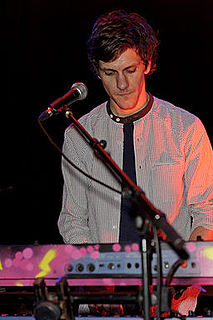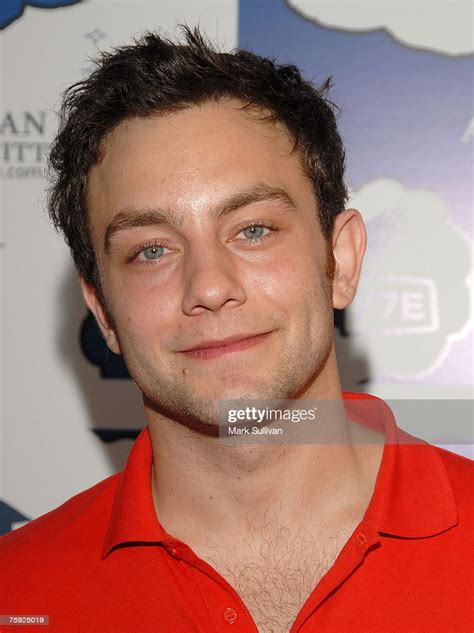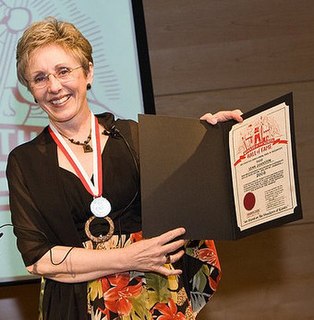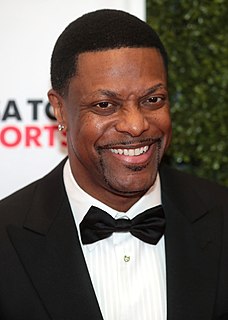A Quote by Baron Vaughn
Every laugh is not equal. They come from different places. That's sort of the challenge I go towards, making sure the laughs are for the reasons I want. It becomes a back and forth dance with the audience.
Related Quotes
When you do comedy, the audience is not your boss. They are your collaborators and when you collaborate with someone you don't have to listen to everything they think or say. Sometimes you're not getting the laughs you want or at the place you want but that doesn't mean it's not funny. It means you haven't explored it enough. I'll get laughs in the places I don't want them and that makes me realize the direction I want to go in.
What I love most about playing in front of people has something to do with a certain kind of energy exchange. The attention and appreciation of my audience feeds back into my playing. It really seems as if there is a true and equal give and take between performer and listener, making me aware of how much I depend on my audience. And since the audience is different every night, the music being played will differ too. Every space I performed in has its own magic and spirit.
When the animal becomes human, the effect is pleasingly benign and we laugh outloud, "Okay come clean now. This isn't really about hunting, is it?" But when the human becomes animal, the effect is disgusting, and if we laugh at all, then it is what Beckett calls the "mirthless laugh", which laughs at that which is unhappy.
When you watch an audience watching my movies, you realize that nobody laughs at the same time. Some people enjoy a beat, and then another group of people are laughing at a sight gag, and then someone laughs where nobody laughs before. They're not timed like a comedy. You're not supposed to laugh at every joke. You decide.
The one thing that I love about the live audience is the energy level. Like, from the minute of cast introductions, it's just constant energy being traded back and forth. When you do something funny, the audience laughs; when you're being serious, you can, like, feel the tension going through the audience.
You feel the communion of the collective consciousness in that moment when you're on stage doing something and the audience is absolutely with you. And the audience becomes a collective entity as well. They come in from separate places and socio-economic backgrounds, and places across the world and days that they've had, and then they come together and they become one collective thing, and experience something in a collective way.
The passage of time has not altered the capacity of the Redeemer to change men’s lives. As he said to the dead Lazarus, so he says to you and me: “come forth.” Come forth from the despair of doubt. Come forth from the sorrow of sin. Come forth from the death of disbelief. Come forth to a newness of life. Come forth.
Emily [Blunt] is such a giggler, she has such a positive life force about her and she's so giggly in a naughty sort of schoolgirl way that it kind of brings out the worst in you, you just love making her laugh. And also Nick Stoller has one of the best laughs. It's so infectious and whenever he laughs at something you do, it's like giving us a reward.
Every city is different for playing, actually. That's one of the hardest things: to play abroad. Because sometimes you know your city and your audience and you know what to play and what people will dance to. And later, you go to a place and you think this thing will work and you start playing and it doesn't work, and you have to be able to go to another side just to try to find what people like or whatever, or, like, try to make people dance as they are more used to. I don't know, it's quite strange - people dance in different parts of Europe in a different way.

































